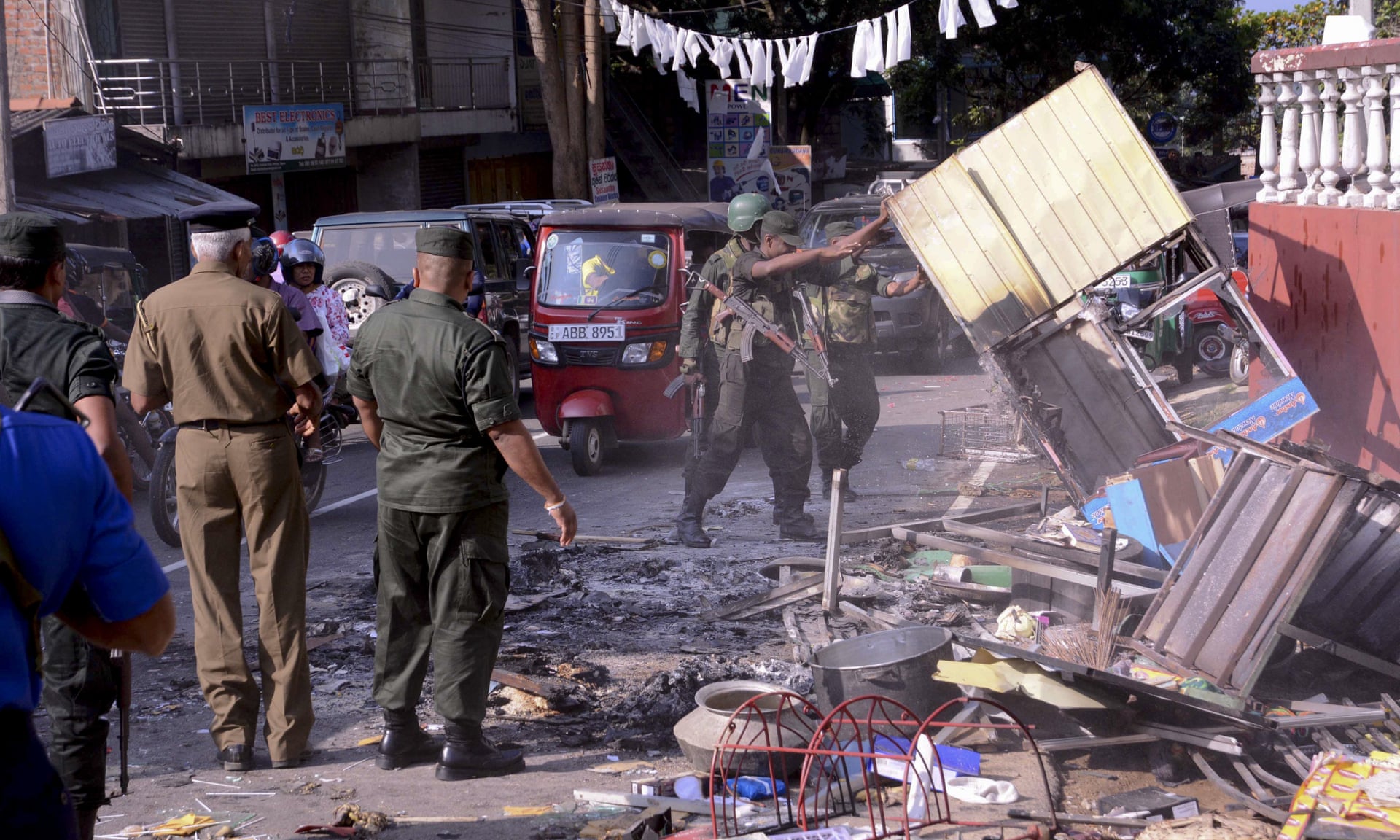By: Emily Green
Impunity Watch Reporter, South America
RIO DE JANEIRO, Brazil – The Brazilian Supreme court issued a groundbreaking human rights ruling that people accused of non-violent crimes are allowed to await trial under house arrest instead of in detention centers. This rule applies to women who are pregnant, who have children up to twelve years of age, and people with disabilities.

This decision came in the wake of public outcry about pretrial detention conditions. In December, Human Rights Watch reported that conditions were worsening and pre-trial detention was growing dramatically. Brazilian prisons lack adequate care for pregnant women and newborns. Prenatal and postpartum medical care are minimal or non-existent. Also, two thirds of female detention centers lack designated facilities for pregnant women and babies.
Before this decision, the Brazilian Criminal Code stated that judges “may” determine house arrest instead of preventative detention when a woman is pregnant or has a child of up to twelve-years-old. Now, justices have decided that this exception needs to become a rule. After the decision is published, courts will have to comply with the order within sixty days. Human Rights Watch estimates that up to 15,000 women could be released. However, it will not affect inmates who have been found guilty.
While Human Rights Watch celebrates the ruling, the organization says Brazil still has work to do on prison reform. Brazil must address “excessive pretrial detention for all, and ensure all pregnant women and mothers in detention are held in humane conditions, with adequate health care, in compliance with Brazilian law and international standards.”
The public outcry stemmed from stories like Jessica Monteiro’s. She was arrested for allegedly possessing ninety grams of marijuana. At twenty-four years old, she had no criminal record, was pregnant, and was throw into a filthy police precinct cell. She went into labor the next day and was taken to a hospital to give birth. The court held a hearing in her absence where a judge ruled that she should remain in jail pending her trial. A few days later, police returned her to the cell where she slept on a mattress on the floor with her newborn.
Several have raised criticism over the ruling. The President of the Federation of Penitentiary Servants, Allan Vieira, stated that “women could be used by criminal enterprises to commit crimes while on house arrest including carrying weapons and drugs into the jails.”
While this will not affect the male incarceration rate, officials hope this will relieve overcrowding in women’s prisons.
For more information, please see:
IR Insider – Brazil Supreme Court Issues Landmark Human Rights Ruling – 4 March 2018
The Nation – Deceit at a Brazilian ‘Crisis Pregnancy Center’ – 28 February 2018
Human Rights Watch – Pregnant Women Will No Longer Await Trial in Brazilian Jails – 23 February 2018


